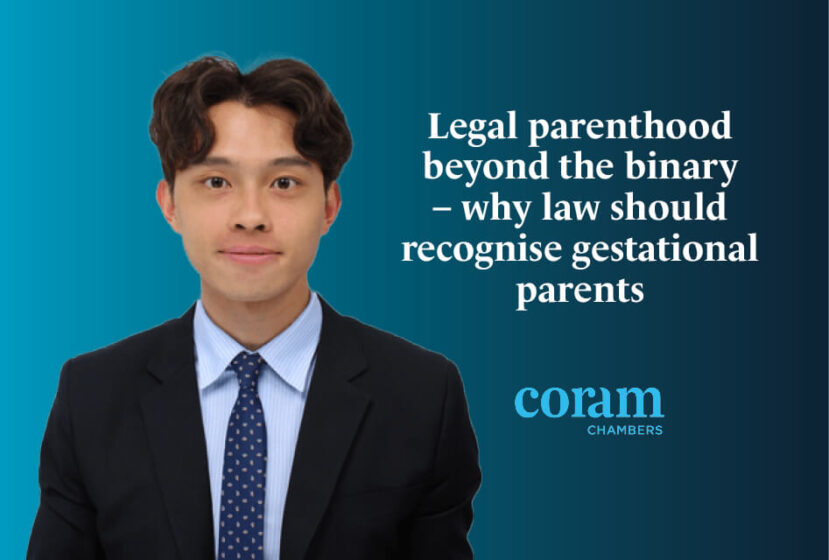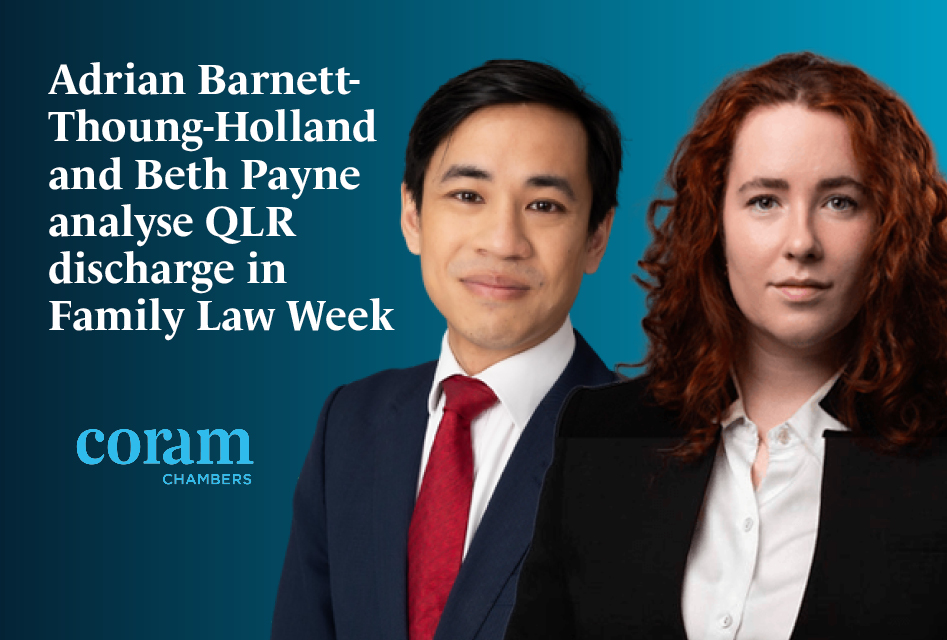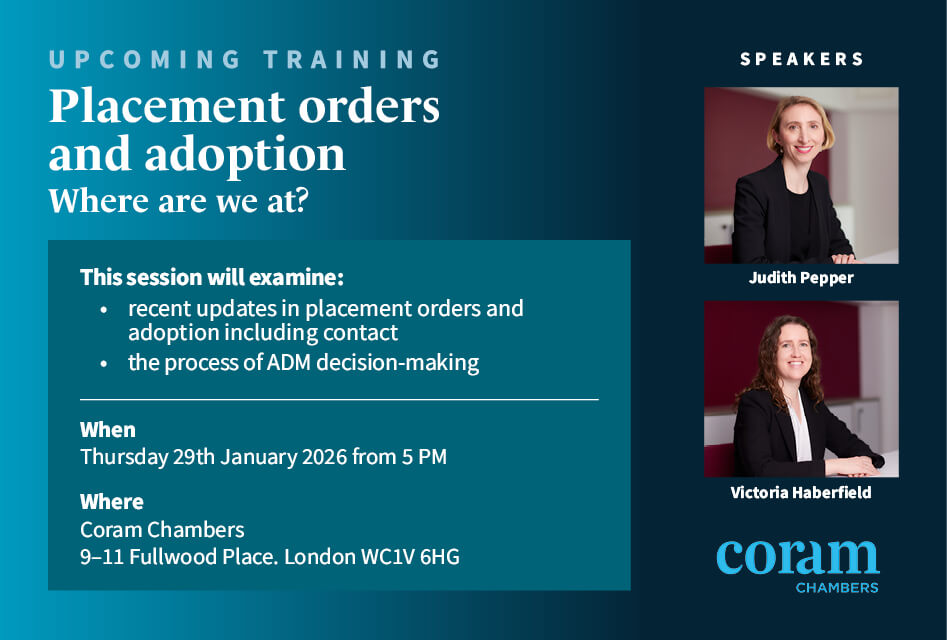
What does it mean to be a mother in a world shaped by evolving family structures and new reproductive technology? In a recent article published in the Family Law Journal, Cason Yong asks whether our current definition of “motherhood” truly serves families today.
The law still relies on a biology-centred definition of motherhood. However, this approach often fails parents and children in cases involving transgender individuals or those using Assisted Reproductive Technologies (ART). Cason explains that language in law shapes outcomes and experiences for families, so it must keep pace with social change.
Following the Supreme Court’s decision in For Women Scotland Ltd v Scottish Ministers [2025] UKSC 16, [2025] 1 FLR 1027, Cason explores why terminology has never been more important. He urges the legal profession to shift from “mother” to “gestational parent” – a term that honours the lived experience of pregnancy while allowing space for every family, regardless of gender identity or structure.
By adopting gender–neutral language, the law can better recognise and protect all parents. This change is not simply about words. It is about dignity, respect, and inclusivity.
Subscribers to the Family Law Journal can read Cason’s full article here.


